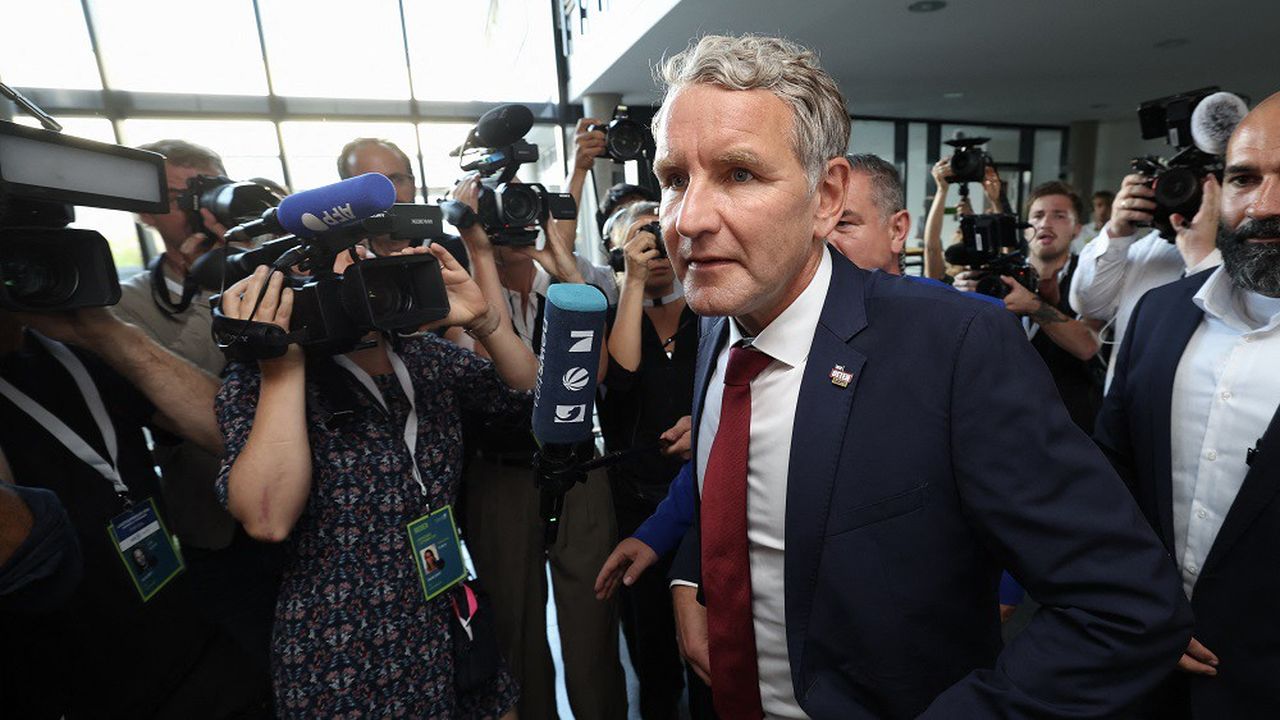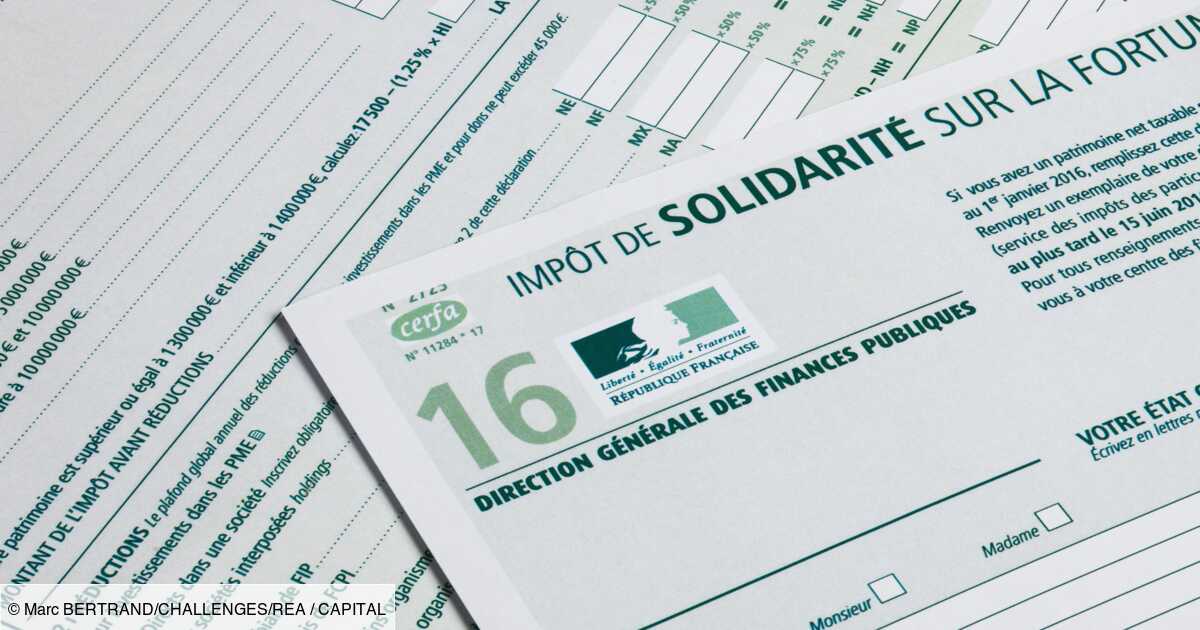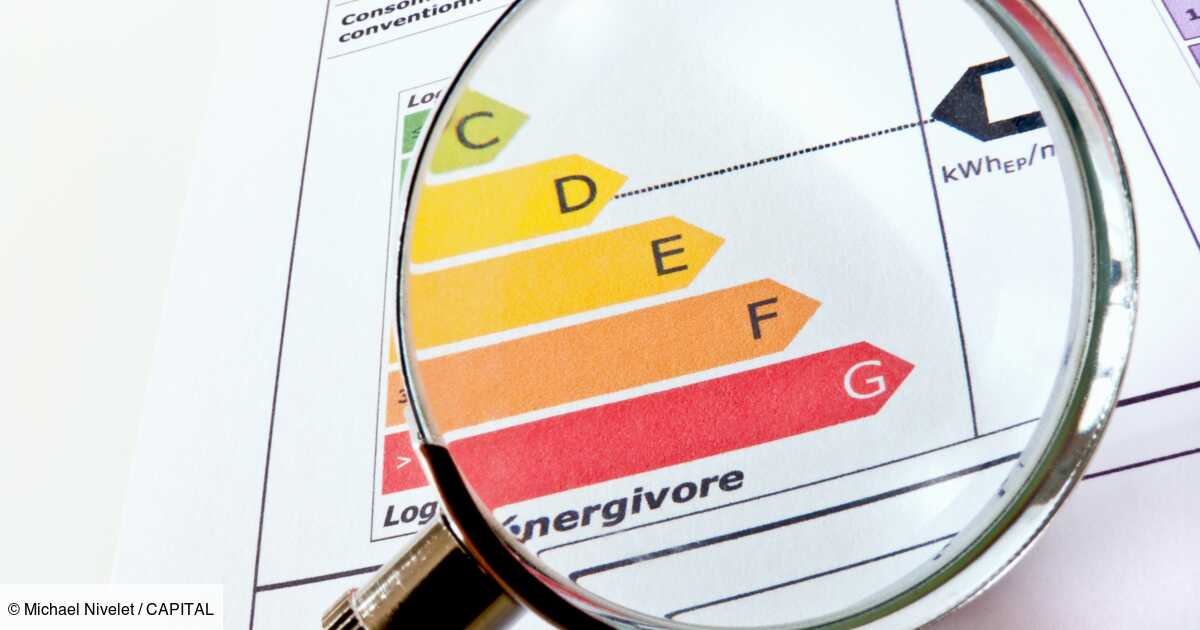
In Germany, the far right is establishing itself as a rising force. In the regional elections held this Sunday in Saxony and Thuringia, the party “Alternative for Germany” (AfD) recorded unprecedented scores.
In Thuringia, the party received between 30.8 and 33% of the vote according to initial estimates, broadcast by public television stations ARD and ZDF, and emerged at the polls as the leading political force in the state, far ahead of the conservatives (24.5%). In Thuringia, the AfD is led by Björn Höcke, one of the party’s most radical leaders. In Saxony, the far right is close behind the conservatives with between 30.2% and 31.3% of the vote.
The party has probably benefited from the political impact of the stabbing attack that left three dead and eight injured last week in Solingen, North Rhine-Westphalia, and shocked the entire country. The alleged perpetrator, a 26-year-old Syrian refugee from Bulgaria, was due to be deported last year, which reignited the debate on immigration and prompted the government to announce urgent measures to tighten the legislation.
A new setback for the coalition
For Chancellor Olaf Scholz’s coalition, these two regional elections mark a new setback after the European elections. However, the Social Democratic Party still managed to limit the damage, with around 7% of the vote in Thuringia and around 8% in Saxony.
Heavily attacked in the eastern Länder, the ecologists lost by 1.4 to 3.4 points. They remained in the local parliament in Saxony but will no longer be represented in Thuringia, just like the liberals, failing to cross the fateful threshold of 5%.
These elections also mark a further fragmentation of the political landscape in Germany, with the advent of a new party, created at the beginning of the year: the Sahra Wagenknecht Alliance. Without many elected officials or activists, this pro-Russian and anti-immigrant far-left party has made a spectacular breakthrough, with 12 to 16% of the vote in the two Länder.
A kingmaker role
This party, which relies heavily on the popularity of its leader, Sahra Wagenknecht, who is very present on German talk shows, is very likely to play the role of kingmaker in the aftermath of the elections and to be a partner that is difficult to avoid in forming a coalition in the two Länder.
Both the AfD and the Sahra Wagenknecht Alliance have been able to win over East German voters with their virulent anti-immigration rhetoric and their calls to end arms deliveries to Ukraine. A very popular position in these regions of the former communist GDR.
For the German Christian Democrats (CDU), these two elections validate the strategy of rightward shift, led by their leader, Friedrich Merz, after the Merkel years. The party gained 2.2 to 2.8 points more in Thuringia, compared to the 2019 election and managed to maintain its status as the leading party in Saxony, with a decline of 0.4 to 0.5 points.
A performance also linked to the autonomy given to the CDU in Saxony. While the national leadership of the party has demanded greater support for kyiv from Chancellor Olaf Scholz, the Christian Democrat (CDU) Minister-President, Michael Kretschmer, criticises the arms deliveries to Ukraine and calls for negotiations to be initiated with Russia.





